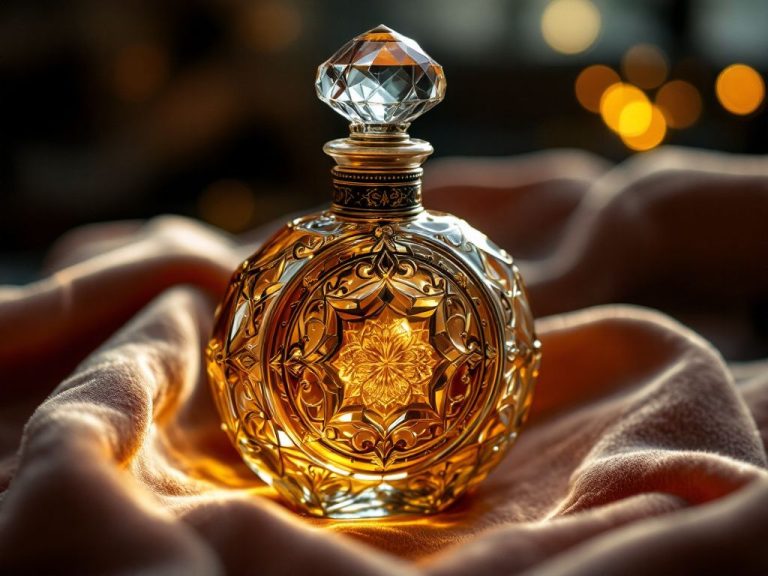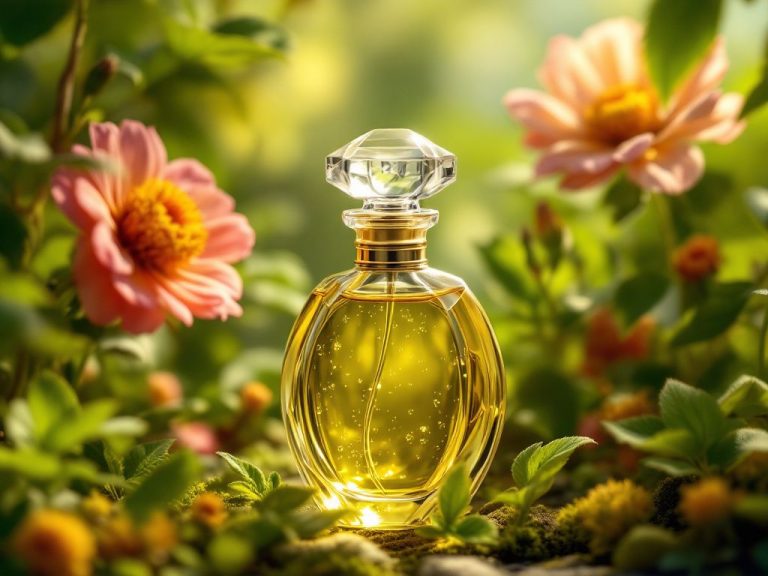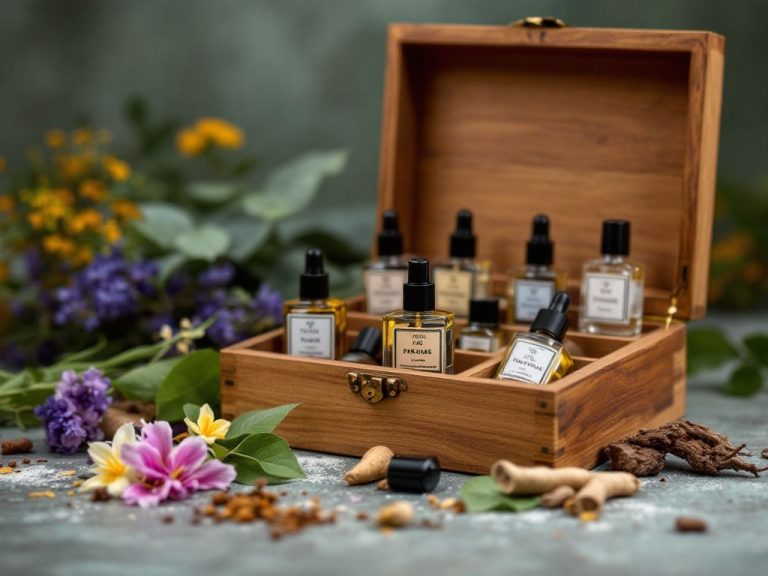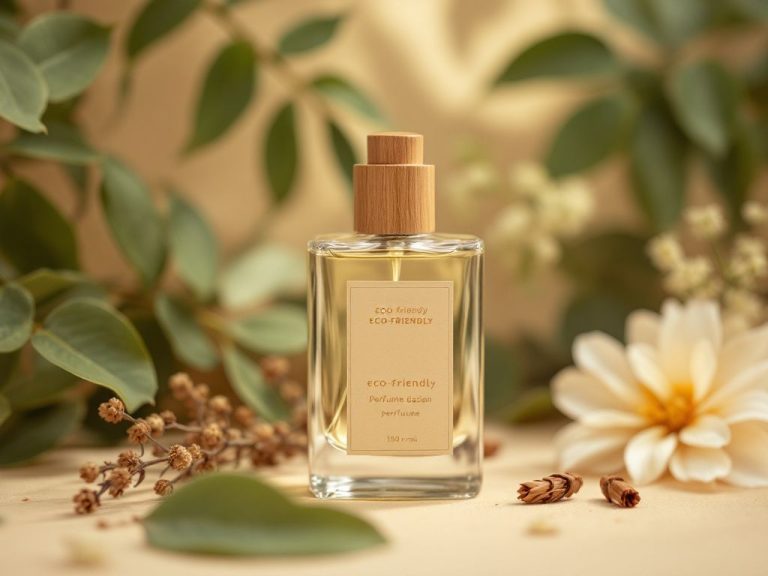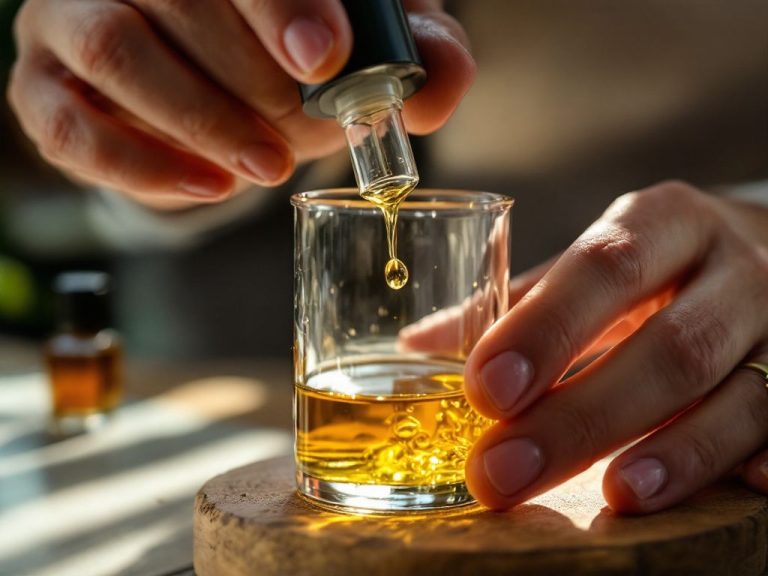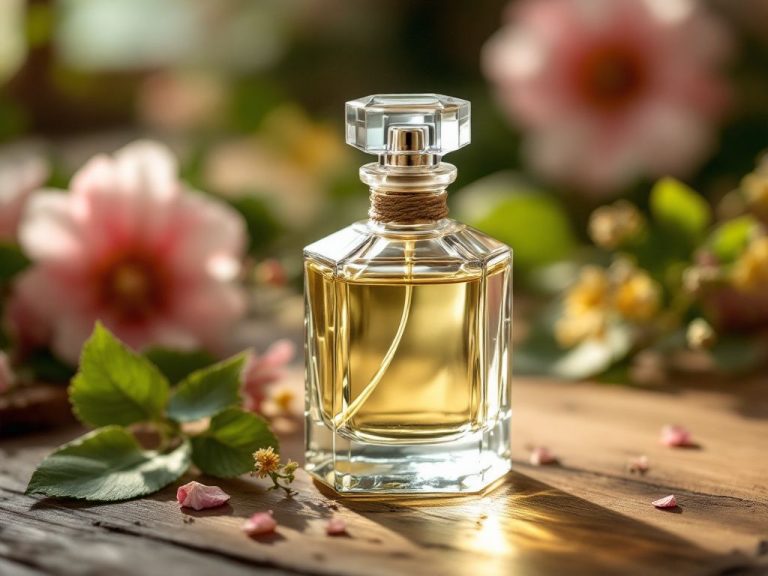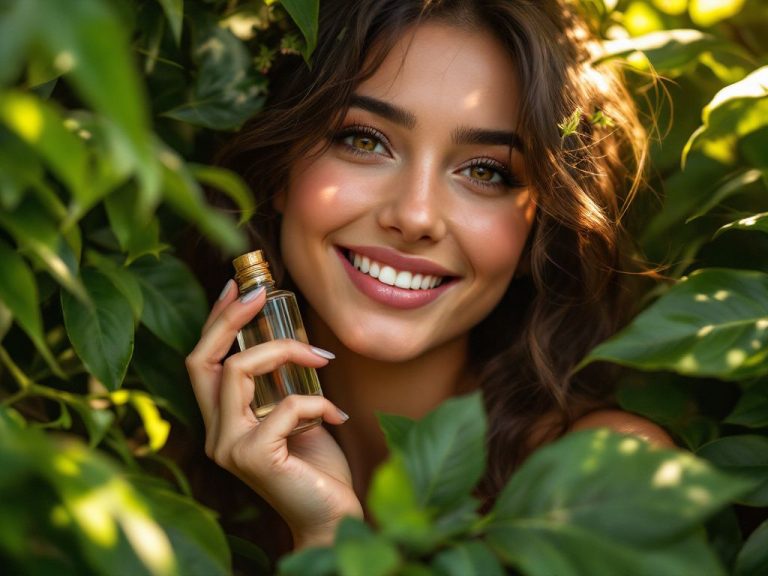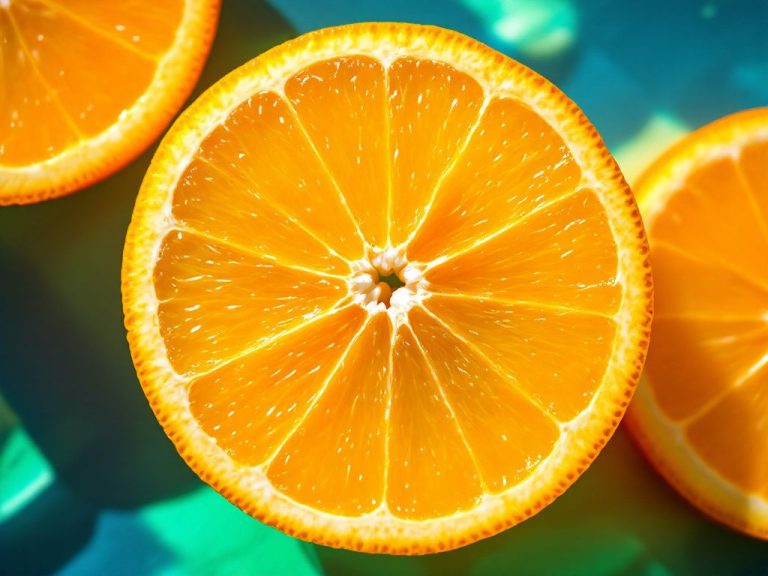
Natural vs Synthetic Citrus Notes: The Scent Scoop You Didn’t Know You Needed
The debate between natural and synthetic citrus notes is a big deal, especially in the world of fragrance enthusiasts and those looking to smell amazing with natural fragrance. Natural fragrance lovers flock to citrus because those zesty elements comprise the top notes that create the first impression in scent compositions. Synthetic citrus notes don’t mean fake; it’s more about replicating and enhancing what we love about citrus in natural fragrance.

